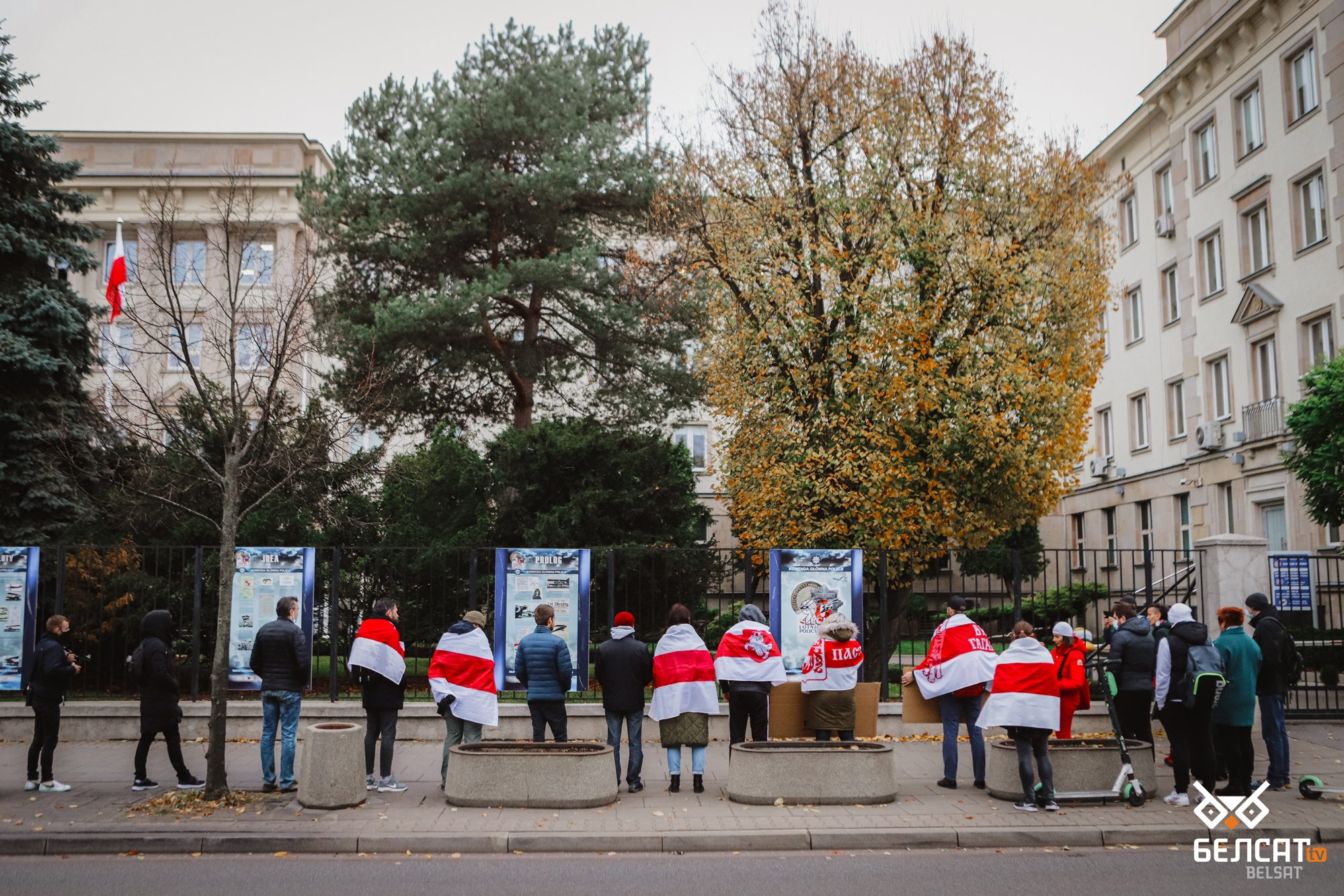Organizations ramp up activities with their supporters
 The situation has gotten better
The situation has gotten better

Political exiles promote an agenda of negotiations between democratic forces and the Lukashenka regime at the international level, involving Austria as an intermediary, but so far without apparent interest from Minsk. Political organizations are cautiously renewing work with activists and other supporters of change in response to unpopular official actions.
Political exiles are attempting to involve Western capitals in resolving the political crisis amid ongoing tensions with migrants on Belarus’ border with EU member states. Austria will hold a conference on possible approaches to the Belarusian crisis.
Emigrants continue to draw EU public opinion to continuing cooperation of international organizations with the Lukashenka regime amid political persecution of dissidents. In Warsaw, Belarusians held a rally near the office of Interpol, who declared that they would not act on warrants regarding S. Tikhanovskaya.
Diasporas are trying to increase pressure on the Belarusian security forces using international mechanisms. The German Prosecutor General filed a complaint against six named members of the Belarusian security forces.
Civil society organizations continue to hold cultural events, projects, and initiatives abroad that were previously popular in Belarus, such as the Bulbamuvi festival.
The general strike called for by the Belarusian workers’ organization, headed by Sergei Dylevsky, failed to materialize. This independent initiative by Dylevsky, a member of the Coordination Council, demonstrates growing tension amongst democratic forces, the fragmentation of a single policy agenda, and a challenge to the authority of S. Tikhanovskaya as the democratic leader of Belarus.
Ex-security forces ByPol and independent media continue to publish compromising material regarding law enforcement officers. Such investigations make the work of state bodies more transparent and understandable to society, as well as discipline the security forces and force them to adhere to the legislative framework concerning dissidents. Such actions may also serve to promote the resignations of state employees.
Approval ratings of state institutions apparently remain extremely low due to public disquiet regarding the actions of security forces and state officials. Support for the reform of public administration is strengthening in society.
The academic community mobilizes Russian colleagues in support of a Belarusian student. Russian academics defended political prisoner A. Boyarsky.
The BAJ will receive the National Prize for Freedom of Speech from Ukraine.
“Our Party” reacts to the unpopular initiative of the authorities to introduce an apartment tax and initiates a petition.
The BSDP (Hramada) is trying to consolidate activists and supporters, and mobilize them to participate in a public online conference on the referendum, economy, reduction of social guarantees, and the migration crisis.
The Greens engage sympathizers in online environmental education activities and party ideology.
Thus, among the democratic organizations, there is a restructuring of alliances in an attempt to strengthen the influence of organizations and positions.
Subscribe to our newsletter




Situation in Belarus
Constitutional referendum: main consequences


 Video
Video
How to count the political prisoners: are the new criteria needed?


 Video
Video
Paternalism In Decline, Belarusian Euroscepticism, And The Influence Of Russia


 Video
Video












